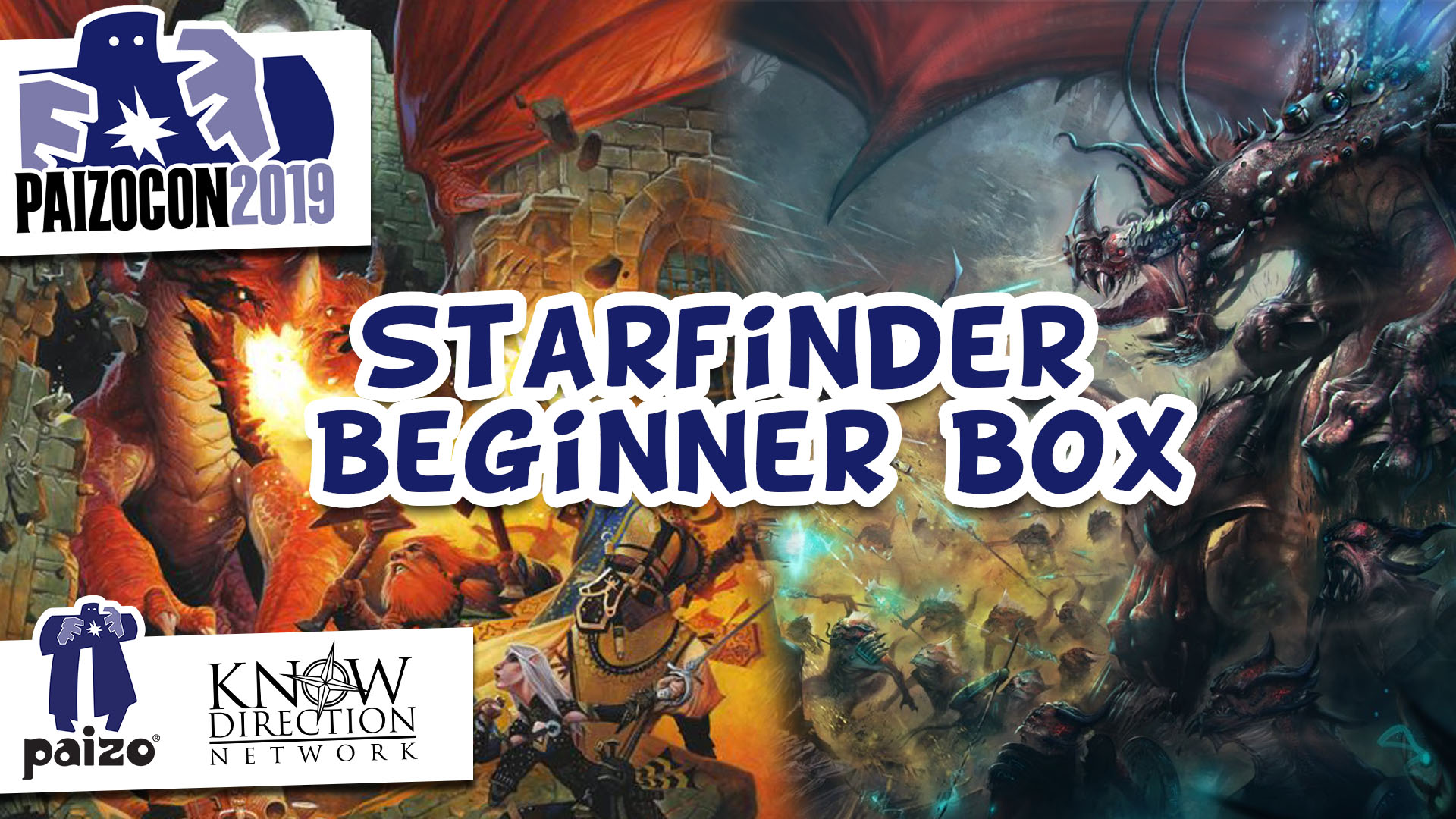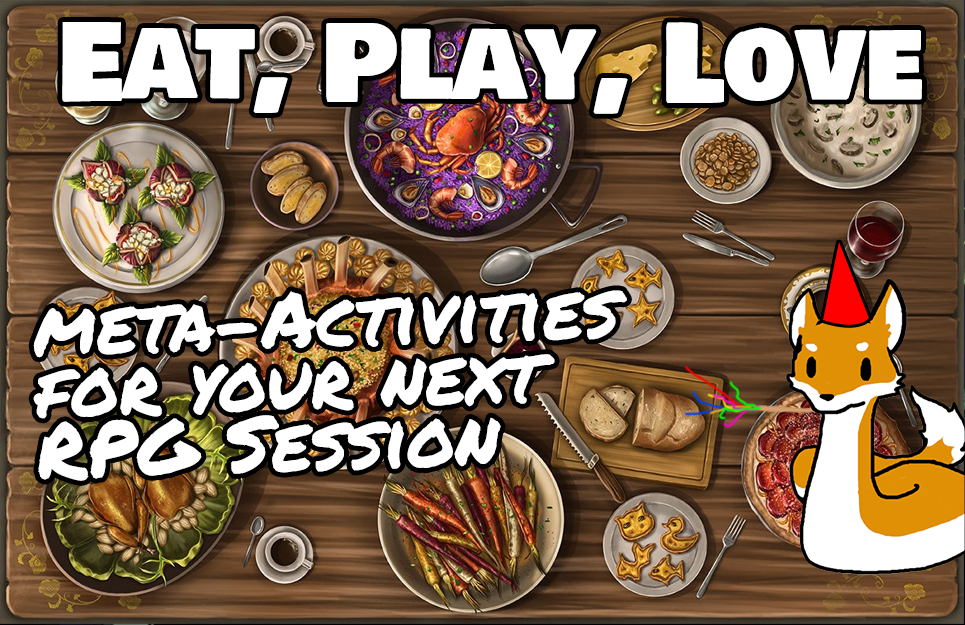Emotional investment is what separates a good game from a great game. The same can be said for most entertainment media. Today we answer a question about how to smith more emotions at the game-table.
Dear DovahQueen: To what extent do you consider the emotional aspects of the story in a game you are running and what (if anything) do you to incorporate theme and mood?—Efildam
Dear Elfdom: For my table, I honestly consider emotional investments to be mandatory. I think that throwing d20s and being told you hit is fun, sure, but after you’ve been doing that for 15+ years, you start to need a little something *more* from the game. When you think about it, any piece of multimedia that is considered great does, in fact, elicit emotion from those who consume it. While our TTRPGs are technically games, I’ve always thought that to think of them as *merely* such does the medium and ourselves a powerful disservice. Pathfinder, Dungeons and Dragons, and all over the other tabletops are capable of bringing out all of the same powerful emotions as you might experience in an incredible movie or book. If you treat the game as such, then there’s no reason it has to be different. It’s for this reason that I try to use the example that Hollywood sets to try to improve my game.
The first way I want to mention is music. Behind most great movie moments is a great score to make it even better. Some movies are even famous for being terrible but having incredible music that almost redeems it. Anytime I’m writing a scene for my players to experience, I like to be thinking about the kinds of music I can put behind it. This is especially true for important scenes that drive the plot! I once had a PC’s father get murdered by the lawful authorities because they stood up to the oppressive regime at an execution. This was the song that began at the exact moment I said: “the crossbow bolt strikes true and drives deep into your father’s heart.” I use a lot of music in my games, but I don’t *normally* use songs with lyrics. Major major scenes sometimes get lyric songs for me, but it is few and far between. Outside of big scenes, I still think something should be going through the speakers. Forest sounds, rain, and blowing snowstorms are fairly easy ambiance to find for free online. I like to give each town its own music too; I feel like town’s should have their own culture and songs are a good way to show it. It can also reinforce the tone of the setting when it changes after a major event. Most recently, my PCs came from the typical provincial town of Barding. It had a slow and easy-going tune with it. Portents of war came a-knockin’ and they enlisted the help of a neighboring town, called Noble, which was under control of a relative, Lucas Prodor. After an invasion was defeated with the help of Noble’s soldiers, Lucas seized the town by force. On the PCs first day waking up in the now-occupied Barding, the town’s ambiance music changed to this. This makes up what I call my “Three Levels of Sound” in game, and I do all of it by keeping YouTube tabs up in the order that I’ll need them. Before the game, I make sure the levels on each is where I like it so the “mix” sounds good. Or…you could always just get Syrinscape. It basically does all this same stuff but also does a lot of the work for you.
The next thing I wanna mention is player characters. As the GM, this isn’t something you can directly control, but you can indirectly influence it. For players looking at labeled options and numbers in a book, it’s easy to really feel the ‘gamey’ side of the game. “At this level, I can take this and get a plus two.” It’s for this reason that many players know which class and feats they want before they really know *who* their character is. This kinda makes it harder for the player to have an emotional attachment to the story because almost nobody is invested in a chuck of imaginary rules and numbers. As the GM, I like to give my players some guidelines during character creation. I tell them that I want each of them to have a certain number of non-mechanical things: close family members and friends, hobbies, favorite food, etc. Its important that characters are more *characters* in a literary sense of the word rather than in a gaming sense. And it doesn’t have to be a tedious ordeal either. I ran a Starfinder one-shot for our gaming group when a handful of folks weren’t gonna be able to make it. I asked each of my two players to make two characters so that I could run them back and forth between two separate teams on the colony ship. I wanted them to see the ground battle as soldiers and the space battle as pilots when the sentient swarm of robots attacked. They were each asked to quickly write down some of the above-mentioned things for their characters; took ‘em about half an hour in total to do so. Then I spent the next four hours showing them a dying colony ship as more and more shit slowly hit the fan before I eventually killed both teams in a bloody, dramatic fashion. My players were livid! They hated how I made them write friends and family because it made them emotionally attach and they wouldn’t have wanted to get so sucked in if they’ve have known I was just gonna murder them. One PC “technically” lived. After their fighter ship crashed into the enemy mothership, they woke to these sounds. Then, he was dragged away to his “death” while this song played concurrently. They had a great time.
That brings me to my third point and final point this week (otherwise this would be a really really long one!). Don’t be afraid to kill in your game. Anytime I’m planning a story, I have a few ‘goals’ in mind. I want a character to die in some manner that progresses the plot AND (most important) that the controlling player feels good about. Setting up scenarios that encourage self-sacrifice, but not in a ham-fisted manner, is the easiest way to go about this. It’s not the only way though; be creative! OR, completely opposite of that, I want another character to consciously decide to kill another character even though they don’t want to and in such a manner that the ‘victim’ character forgives them during the act. I like to think like, the BBG forces two characters to fight to the death or everyone dies. But again, that’s not the only way to do so. Sacrifice or loss of a beloved character really goes a long, long way to cementing the memory of a game in the minds of those who were lucky enough to experience it. I feel like the GM often believes that they’ve failed if a PC dies. Obviously, I don’t believe that, but I do kinda believe that a PC dying meaninglessly is a failing on somebody’s part. That could be the GM, the player, or the dice. Just make sure that you make loss in your game matter. There’s nothing fun about rolling under 5 all night and then dying. While those kinds of nights are inevitable, the frustration doesn’t have to be. When one of my PCs goes down in combat and doesn’t get saved in time, I tend to give them the reigns narratively. “You’re now going to die and can’t be saved. You have 3d20 seconds in-game to act in however you wish before your soul leaves your body. I’m going to roll this behind the screen and then the floor is yours.” Sure, it breaks the rules, but who really cares? We’re here for a good time, not a long time.
Let me summarize before this gets far too long. No matter how good or bad a story is, it can be made more immersive by having two things: A) a good soundtrack and B) characters that feel like real people. There’s a lot of things that can make a great story, and while nobody on the planet has time to mention them all, one of them is loss. Don’t be afraid to make your players experience it.
You can request RPG advice by sending an email to deardovahqueen@gmail.com or by message on Facebook.







